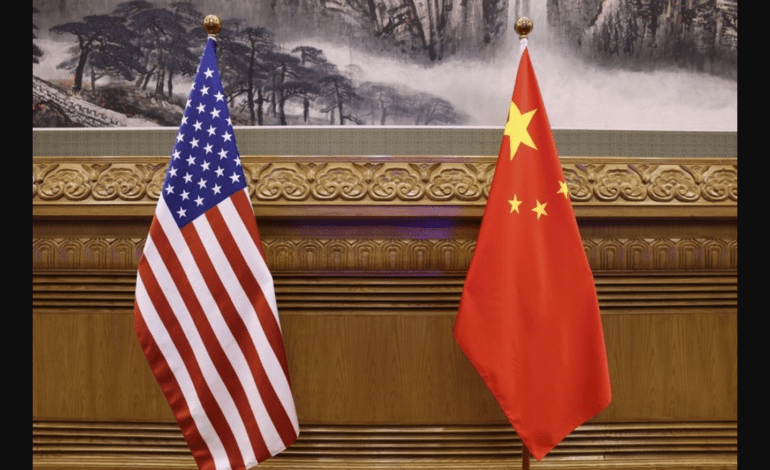
China says US tariff hikes no longer make economic sense
China has criticized the United States for imposing tariffs of up to 245% on certain Chinese products, calling the move economically unjustified.
In a statement reported by Xinhua news agency, a spokesperson for the Chinese foreign ministry said the tariffs no longer make sense from an economic standpoint and accused the US of engaging in a “tariff numbers game.”
The remarks came after the White House stated that China now faces tariffs as high as 245% in response to its retaliatory trade measures. According to the White House fact sheet, these tariffs are tied to Beijing’s latest actions, including ordering Chinese airlines to halt new deliveries of Boeing aircraft following earlier US tariffs of 145% on Chinese goods.
While the US administration said President Joe Biden remains open to striking a trade deal with China, it insisted that Beijing must make the first move.
“More than 75 countries have already reached out to discuss new trade deals,” the White House noted, adding that while tariffs are paused for most countries amid ongoing negotiations, China remains an exception due to its retaliatory stance.
The US also accused China of restricting exports of critical materials such as gallium, germanium, and antimony — resources with potential military applications — further fueling the ongoing economic friction.
A recent report by S&P Global Ratings warned that there are no winners in prolonged trade conflicts, and the escalating US-China trade tensions risk broader economic and geopolitical fallout. The Asia-Pacific region, with its strong manufacturing base and trade ties to both powers, could be caught in the middle.
According to the report, many Asia-Pacific countries rely on the US for security and China for economic growth, making them vulnerable to disruptions. In response, regional governments are increasingly looking to form new trade blocs and bilateral agreements, which could reshape global supply chains.
Meanwhile, China’s economic outlook remains under pressure. Weaker global demand is slowing its export-driven growth, while domestic challenges such as the ongoing real estate crisis continue to dampen consumer and investor confidence.